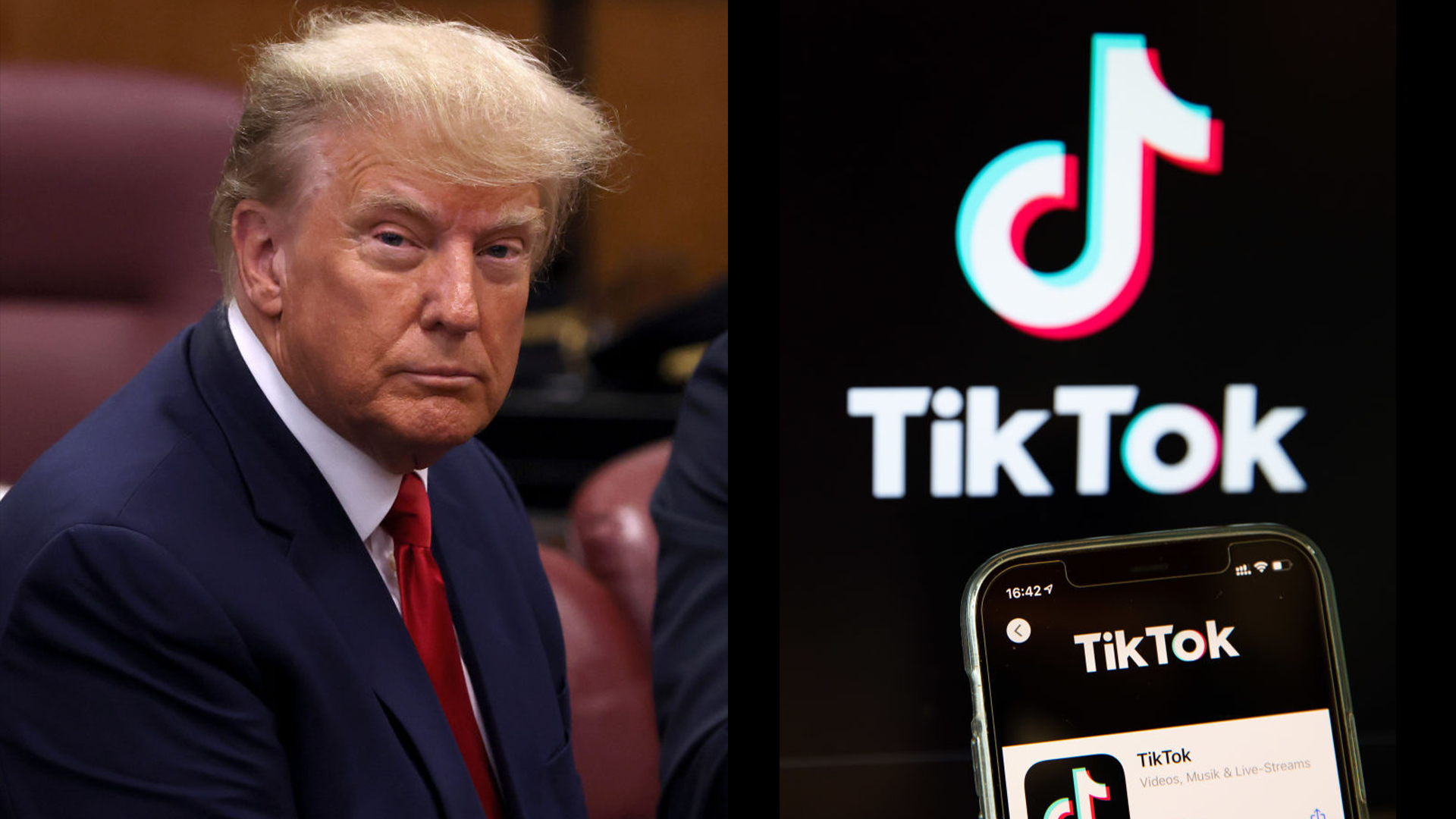Editorial Note: Opinions and thoughts are the author’s own and not those of AFROTECH™.
TikTok may go dark in the United States. As a former TikTok employee, the way the ban will work here in the United States will be different than the one in India in 2020. The first difference is the politics surrounding why the bans are happening in the two countries in the first place. In India, the ban was less about TikTok and more so about the strained relationship between India and China. The root of their strain comes from the dispute that China and India have related to who owns Aksai Chin, which India claims to be part of its Ladakh region. China has claimed the land since 1962 and the Sino-Indian War. Due to the longstanding tensions between the two countries since, India opted to use economic tools against China, which in this case meant banning Chinese companies from doing business in India. When TikTok was banned from India so were WeChat, Alibaba, and Xiaomi. In the United States, there have been concerted efforts in the private and public sectors to position TikTok as a threat to the United States and therefore needs to either be under our control or not be allowed in the United States. So while the ban in India was country vs. country, the U.S. ban is country vs. company. A similarity between the bans in the United States and India can be found in the treatment of their employees during these bans. While I was working at TikTok, when the ban went into effect in India there was a sheet going around with the names of people in India and their function, so just in case anyone had work they would like to hand off to a colleague in India they could do so. The same will happen with current U.S. TikTok employees if a ban were to take place for any prolonged period. I will touch on why ByteDance would rather shut down the app in the United States than be forced to sell, who would benefit from a ban, and how I believe this all ultimately plays out.
Angelo Zino, vice president at equity research firm CFRA Research, values the U.S operations of TikTok at $40 billion – $50 billion, which has people asking why would ByteDance be reluctant to sell off TikTok if it could fetch that price. Because ByteDance knows the business is worth more than that in the long term. ByteDance’s other consumer-focused app, Douyin, is already becoming a rising competitor to Alibaba as a place of commerce for those in Asia, and I believe that ByteDance believes they can do the same here in the United States with TikTok. TikTok Shop only launched in the United States in 2023, yet it has already passed $600 million in revenue as of 2024 and is on pace to keep growing rapidly as time goes on. TikTok is a place that can marry one’s most niche interests via what they watch to what they are most likely to buy, which can drive large financial outcomes for the business as it has already seen overseas. In the first half of 2024, ByteDance made $17 billion, and the main sources of this revenue was Toutiao a news-focused app, and Douyin, the TikTok-like app that the company owns. Given how much the overall business does without relying on TikTok to operate, that’s another reason why leadership would be fine with shutting the app down.
No American-owned company would benefit from a TikTok ban. When people see TikTok, they see short-form videos, livestreams, and a highly specific algorithm, and they believe that products like Instagram Reels or YouTube Shorts will see a massive influx of TikTok creators. I do not believe that to be the case. The reason is that TikTok has unique value propositions that make it stand out as a place to spend time on the internet. The first is that Instagram and subsequently Reels were originally built around the friend graph, which means that they prioritized your friends seeing your posts. The beauty of TikTok is that from day one it was a place to create vs. connect, which made it a place to build an audience vs. a friends list. That alone is a barrier to TikTok creators migrating over to the other platform. This difference gives creators a space to try new concepts or formats without the pressure of judgment in real life. TikTok, for many, is performing at a different open mic every time they post. Unlike YouTube, TikTok prizes a culture of authenticity over polished pieces, which in itself is a barrier to creators migrating over to the service because it could cause them to switch up their entire style. For a creative, that is a non-starter.
Both Joe Biden’s administration and Donald Trump himself have publicly stated they would like to find ways to avoid TikTok being banned in the United States. Biden, who signed the law in the first place, I do not believe will be instrumental in keeping TikTok around, but I do believe Trump will be. Trump could simply choose to not enforce the law in the strictest way possible, which would ease the concerns of Google, Apple, and their service providers that they would be breaking the law by doing work with TikTok. I believe that Trump will do that. He will say that he does not see a reason to enforce the ban, and TikTok will stay around. Given that Shou Chen, the CEO of TikTok, is sitting with Trump’s friends and family at his inauguration along with other tech executives, that option seems the most likely. What Trump wants Trump gets, and if he wants TikTok then the American people will have TikTok.

















